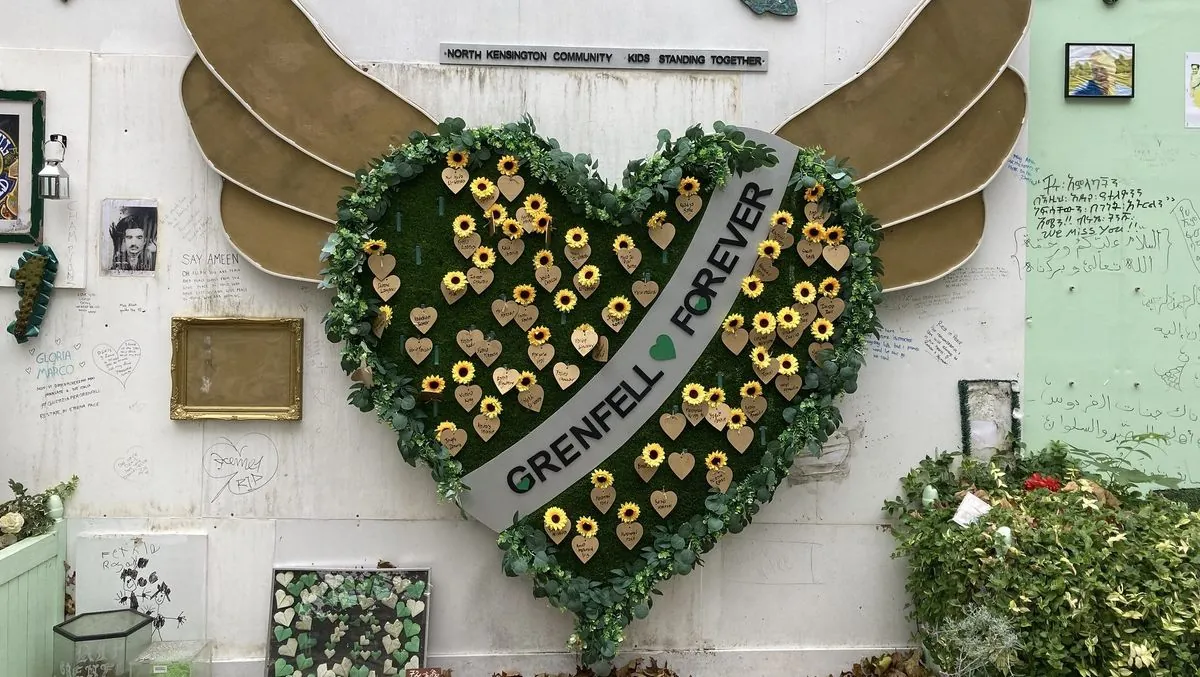The long-awaited final report on the Grenfell Tower fire is scheduled for release on September 4, 2024, marking a crucial milestone in the quest for answers and accountability. The tragedy, which occurred on June 14, 2017, claimed 72 lives and stands as Britain's deadliest residential blaze since World War II.
Shah Aghlani, who lost his mother and aunt in the fire, recounts the harrowing phone call he received that fateful night. His experience underscores the profound impact on survivors and families, who have been tirelessly campaigning for justice and improved safety measures.
"It's very painful for us, who lost a loved one, to see their death going in vain. It actually stops us from coming to a closure."
The rapid spread of the fire was attributed to the use of flammable cladding, a factor that has since become a focal point in discussions about building safety and social inequality. The sight of the 24-storey tower engulfed in flames in one of London's most affluent areas became a stark symbol of societal disparities.
In the wake of the disaster, efforts to remove similar cladding from other buildings have been ongoing, albeit with limited progress. As of July 2024, government data revealed that 4,630 buildings 11 meters or taller still had unsafe cladding, with remediation work yet to commence on half of them.
The inquiry's findings are expected to shed light on the decision-making process behind the tower's 2016 refurbishment, which involved the installation of the hazardous cladding. Witnesses from various sectors, including architects, contractors, and cladding manufacturers, have provided testimony during the investigation.
While the inquiry aims to uncover the truth, it has inadvertently delayed criminal proceedings. Police have indicated that charges may not be announced until late 2026, with potential trials occurring a decade after the incident. This prolonged timeline has frustrated many, including Kimia Zabihyan from the Grenfell Next of Kin group, who expressed concern that the inquiry "got in the way of criminal prosecution."
The tragedy has sparked calls for a global ban on unsafe cladding, particularly following a recent fire in Valencia, Spain. Guillermo Rein, a fire science professor at Imperial College London, emphasized the need for worldwide learning from the Grenfell disaster, noting that the UK is unique in identifying buildings with ACM cladding.
As the community awaits the report's release, local resident Marcia Robinson, who manages a memorial site for Grenfell victims, echoes the prevailing sentiment: "The first thing everyone cried out for still remains: accountability." Beyond legal consequences, there is a collective hope that such a tragedy will never recur, underscoring the importance of implementing robust safety measures and regulations in the construction industry.
The Grenfell Tower fire has left an indelible mark on UK fire safety policies and building regulations. It led to the establishment of the Building Safety Regulator in England and has prompted ongoing debates about social housing, inequality, and corporate responsibility. As the inquiry concludes, the focus now shifts to ensuring that the lessons learned translate into meaningful change and enhanced safety for all residents.
